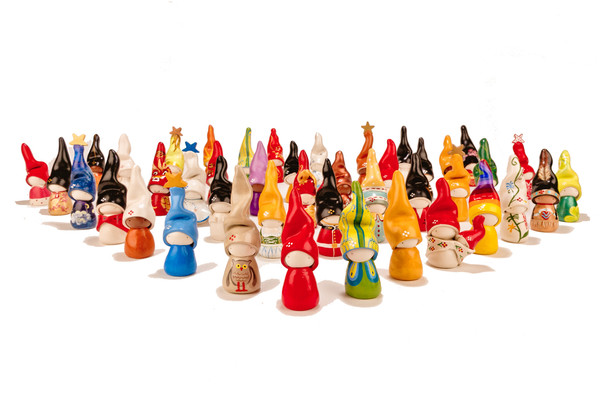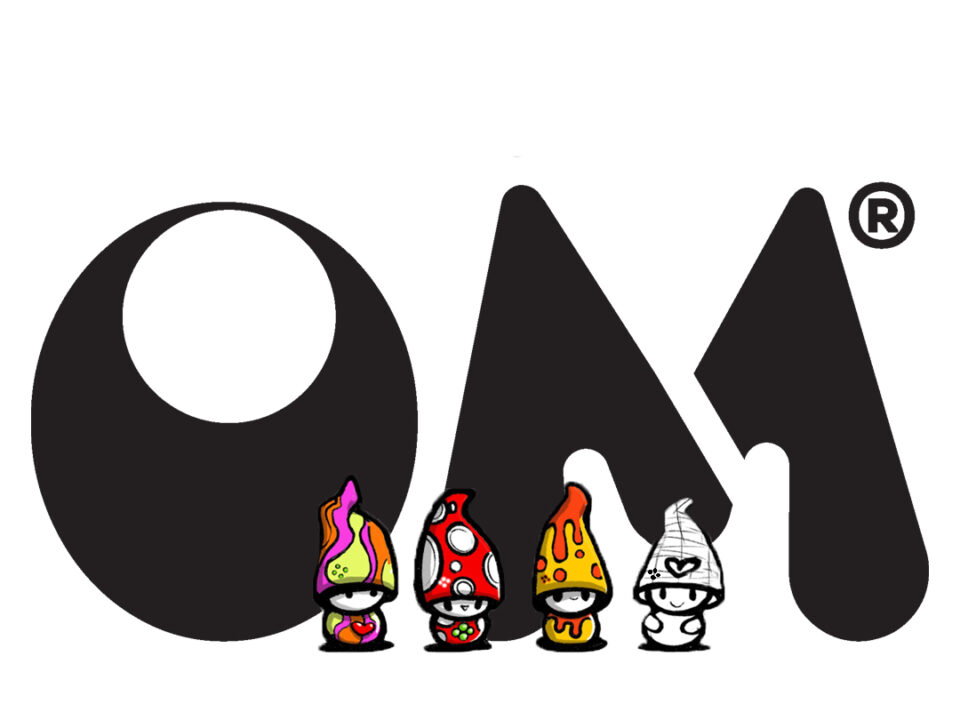'The best mood that you could ever imagine . . .'
September 26, 2013'No matter where you are, you can help spread kindness . . .'
October 10, 2013Late one night, in March 1964, Catherine Genovese returned to her home in Queens having finished a long and laborious shift at Ev’s Eleventh Hour Sports Bar.
It was almost 3.15am and the 28-year-old was tired. She parked her car in a space just 100 feet from her door. But she never made it into her apartment. In an horrific and brutal assault, Catherine was stabbed twice in the back by a man named Winston Moseley. He raped her and robbed her (for $49) before fleeing into the night. Moseley, who remains in prison, will be eligible for parole next month, although the final decision will be subject to a hearing. Catherine Genovese didn’t make it, dying in an ambulance en route to hospital, an hour or so after the attack. Even today, almost 50 years after the event, it remains a powerful and shocking episode.
The reason that we’re writing about this is because Catherine’s murder has become infamous not so much for what Winston Moseley did do, but for what others in the immediate vicinity didn’t do. The full facts remain in some dispute, although a subsequent article in the New York Times began with the following line . . .
‘For more than half-an-hour, 38 respectable, law-abiding citizens in Queens watched a killer stalk and stab a woman in three separate attacks in Kew Gardens’.
The reporter responsible, Martin Gansberg, quoted an unidentified neighbor who witnessed part of the attack but decided not to call the police. ‘I didn’t want to get involved,’ he said. Those there might still claim to have been misrepresented, but Gansberg’s writing carried sufficient weight to spawn a great psychological debate. Those involved coined the phrase ‘the Genovese Effect’, or as it has since become known, ‘the Bystander Effect’.
In essence, the Bystander Effect is a complex social psychological phenomenon that refers to cases in which individuals fail to help someone in need when other people are present. Some people call it the Volunteer’s Dilemma – the theory, that, when surrounded by others, we’re less likely to intervene and help our fellow citizens. It is human nature, scientists believe, something that, to a certain extent, appears to be ingrained in us all.
The good news is that researchers in the US and the UK have found evidence to suggest that such behavior can be modified. In short, it seems that we can be taught to be kind.
In one recent experiment, researchers in Boston advertised a meditation class. Of those who responded, half were given a place on the course and the other half were placed on a waiting list. The class focused on compassion mediation, based around Tibetan Buddhism, with those taking part encouraged to concentrate on their shared characteristics rather than their differences. Once the course had been completed, all the respondents (including those still on the waiting list) were asked to attend a meeting. One at a time, each entered a waiting room that had three chairs. Two were taken (unknown to the respondents, the other people present were actors). In each case, the participant sat on the third chair.
‘After a couple of minutes, a woman would walk in on crutches, wincing with pain, and lean against the wall,’ explains Professor David DeSteno, who helped conduct the research. ‘The actors looked away, and didn’t give up their chairs.’
The interesting thing here is that, of those who had undergone the compassion training, almost half offered their chair. Of those who had not undergone the compassion training, just 15% came to her aid, leading David and his colleagues to conclude that our willingness to help strangers is flexible and can be shaped by changes in perception. ‘The underlying argument in all of this is that if we can get people to see similarities instead of differences, their willingness to help will increase,’ he says. ‘All social living involves trade-offs between short-term and long-term gains [and] what we’re interested in is how we can nudge the mind to look to the long term. [As to whether something like this might have made a difference to Catherine Genovese], we don’t have that data so we can’t say for sure. But my hunch is yes, it would have likely increased their willingness to help’.
Here at OM®, we think it’s our duty, as human beings, to help each other become more compassionate and to come to each other’s aid, whenever the need arises and no matter the circumstances. We urge everyone to look to the long-term gains and to concentrate on our similarities rather than our differences. Get involved. Don’t be a bystander.
In memory of Catherine ‘Kitty’ Genovese 1935-1964.





